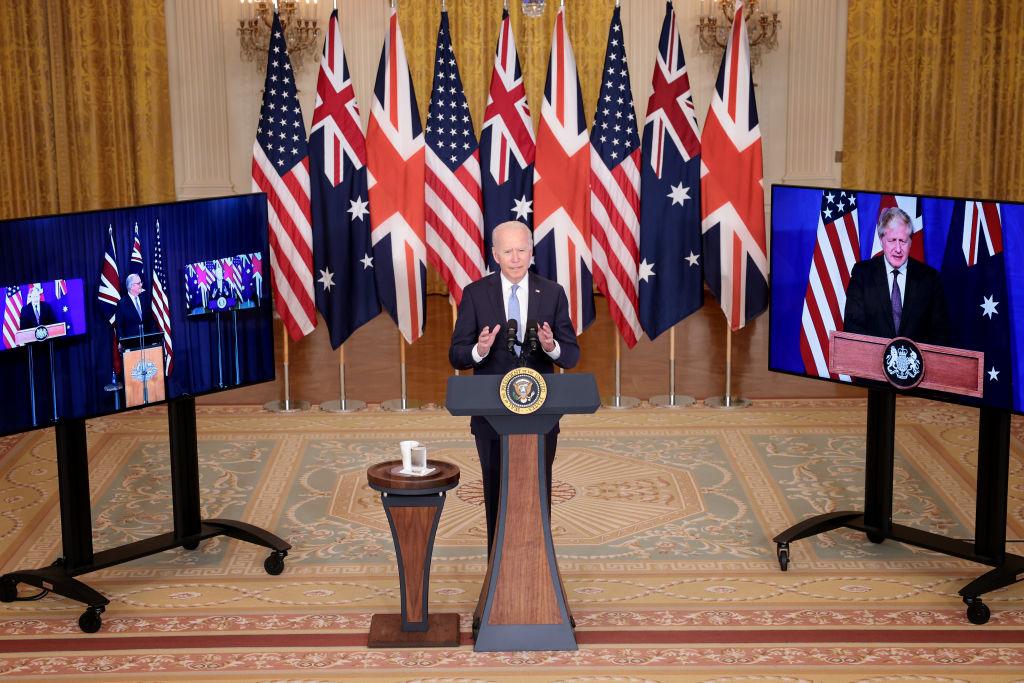Experts have called on the U.S. Congress to support the transfer of secret information regarding nuclear technology to Australia because AUKUS, a trilateral security pact between Australia, the UK, and the United States, is vital to the containment of China in the Pacific.
Testifying before the U.S. Armed Services congressional committee, which is currently investigating “the pressing threat of the Chinese Communist Party to U.S. national defense,” former Commander of the U.S. Pacific Command Adm. Harry B. Harris Jr. and deterrence policy expert Melanie W. Sisson, a fellow in the Brookings Foreign Policy program’s Strobe Talbott Center for Security, Strategy, and Technology, urged the U.S. Congress to push forward with overcoming the export controls to share nuclear technology with Australia. They called it vital to U.S. defense in the Pacific.




